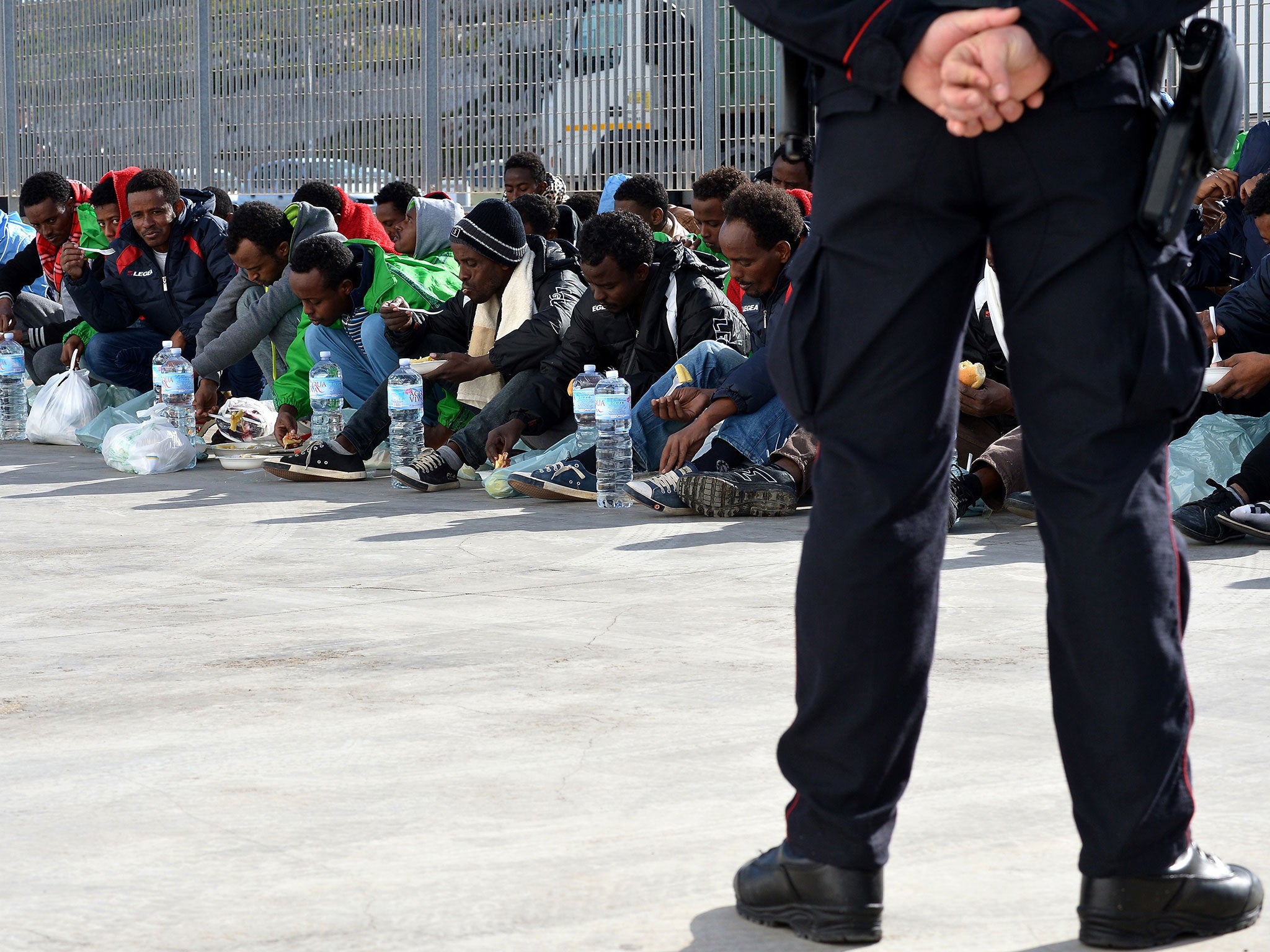60 million people are now displaced, fleeing from beheadings, torture and rape — migrant policies are failing
Governments must manage migration in a way that minimises suffering rather than creates it

The evidence of mass migration is everywhere: boat loads of emaciated people adrift on the Andaman Sea, begging for water; exhausted refugees staggering out of the surf on Greek islands; desperate families breaking down the barbed wire fence separating Turkey and Syria to escape the battles being fought a few miles away. What are they fleeing from? Those who make it from Libya tell dreadful stories of beheadings, torture and rape, while there are reports of people being enslaved in jungle camps in southeast Asia and buried in mass graves.
The chronic abuse suffered on the journey away from these horrors leads to lasting physical injury and psychological trauma. But that’s just the tip of the iceberg.
According to the UN, 60 million people are now displaced – the largest number since the Second World War. For a sense of perspective, this is almost equal to the entire population of the United Kingdom, and 86 per cent of these people are hosted by poor countries in the developing world.
For the west, this accident of location has helped foster an attitude of “out of sight, out of mind”. But as the number of people escaping war and poverty in the Middle East and Sahel region of Africa increases, we are just beginning to understand the enormity of the issue.
Migration is a global problem, and refugee and migrant policies are failing. The 1951 Refugee Convention and other national and international migration policies established to provide safe haven and protection are spectacularly insufficient. The proof of this failure comes when we hear the same stories of fear, misery and violence the world over, from Morocco to Myanmar to Mexico.
As the situation stands today, the international asylum and refugee framework is limited by the political will of the very people tasked with handling it, and even then it remains a standard of protection not recognised by many of the countries concerned by this issue.
Many signatory states fail to meet their obligations and policies on migration fluctuate with domestic political sentiment. Non-signatory states evade their responsibility altogether.
Prosperous governments claim humanitarian credentials by financing aid to refugee camps in Turkey, Pakistan, Lebanon, Kenya, Ethiopia and elsewhere, warehousing people for years on end, while at the same time making it difficult, if not impossible, for those living in these extreme conditions to set foot within their own borders. These same countries then reach agreements to pass on their refugees, often to states economically much worse off than themselves.
Australia goes one step further, forcibly returning people at sea, detaining would-be asylum seekers offshore while cutting overseas aid commitments. Does this approach work? No, people fearing for their lives in their home country do not stay put because the fences are higher, they merely look for an alternative – often via a more perilous route.
Australia was once one of the main destinations for Afghan asylum seekers, particularly for the persecuted Hazara minority, but its strict migration policy is now driving these same people on to boats headed for Greece and Italy. Politicians claim success for their strict policies but in reality the “problem” is not solved at all, it is simply transferred to another place. People on the move continue to suffer, they just do so elsewhere. In a world plagued by conflict, poverty and inequality, population movements are inevitable. Our governments must make a choice between implementing policies that will ultimately result in human harm, or in its reduction.
We advocate for the latter and our request is simple: Governments – particularly those that pride themselves on enforcing human rights – must manage migration in a way that minimises suffering rather than creates it. Stop applying policies that kill and intensify the anguish. Provide protection and assistance based on humanitarian imperatives according to needs and ensuring dignity. If we don’t we will only watch as the extreme suffering continues.
Arjan Hehenkamp is General Director of Médecins Sans Frontières
Join our commenting forum
Join thought-provoking conversations, follow other Independent readers and see their replies
Comments
Bookmark popover
Removed from bookmarks